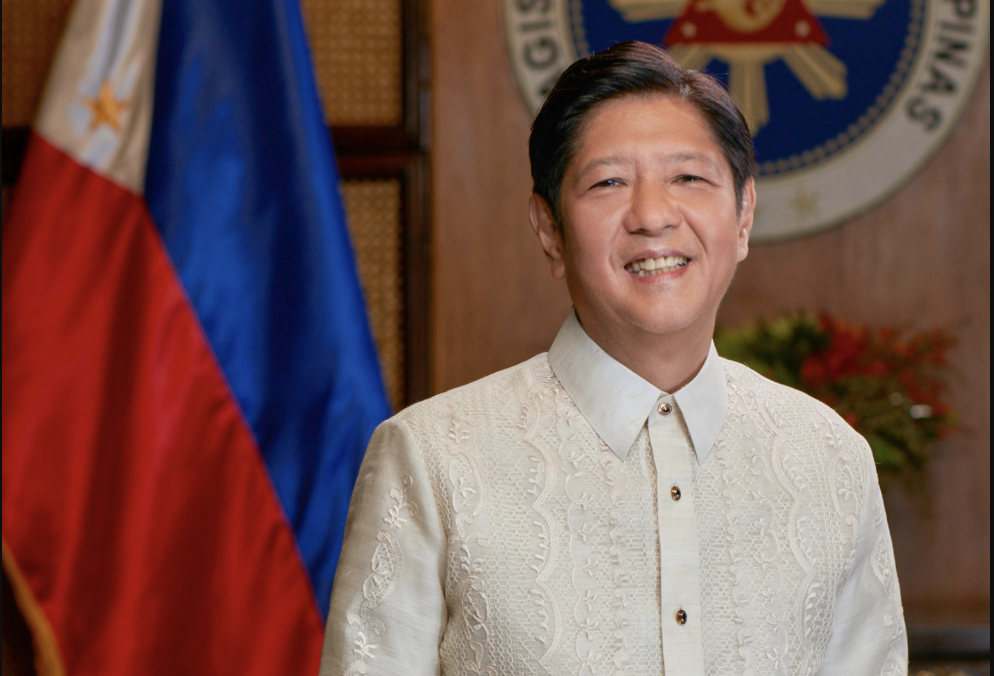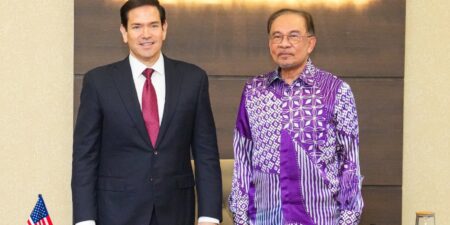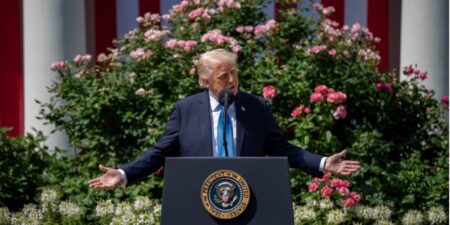The BGA Philippines Team, led by Managing Director Dindo Manhit, wrote an update for clients on the direction of the Philippines’ foreign policy under President Marcos Jr.
Context
- The direction of Philippine foreign policy under President Ferdinand Marcos Jr. focuses largely on defense and economic cooperation with allies and partners. The government is pursuing an independent foreign policy aimed at maximizing diplomatic relations with like-minded states such as Japan, Australia and the United States.
- Marcos has participated in multiple diplomatic engagements with a variety of partners since the year began. He opened the new year with a state visit to China in January, followed by a visit to Japan in February. Marcos welcomed Malaysian Prime Minister Anwar Ibrahim, Australian Minister of Defense Richard Marles and U.S. Secretary of Defense Lloyd Austin to the Philippines since the start of the year. The government is expected to hold a “2+2” ministerial in April between the two countries’ defense and foreign secretaries.
Significance
- The Philippines is implementing a new strategy of exposing China’s activities in the West Philippine Sea, including gray zone operations, through protest notes to Beijing and media briefings. According to the Philippine Coast Guard, exposing developments in the sea engenders public discourse and heightens awareness about China’s aggressive behavior.
- Nearly 80 percent of Filipinos agreed with efforts to strengthen the military capability of the Philippine Navy and Coast Guard and conduct joint maritime patrols and military exercises with allied countries according to a national survey conducted by Pulse Asia Research, Inc. and commissioned by the Stratbase ADR Institute from November 27 to December 1, 2022.
Implications
- The Philippine delegation secured US$22.8 billion worth of investment pledges in agribusiness, renewable energy and strategic monitoring during Marco’s trip to Beijing. Both Beijing and Manila recognize that disagreements in the West Philippine Sea are not the sum of the Philippines’ relations with China. Marcos also helped secure investment pledges worth US$13 billion, estimated to generate around 24,000 job, during his trip to Japan.
- The Philippines is looking to strengthen its regional defense posture at the same time. The Department of Foreign Affairs is preparing guidelines on joint patrols in the West Philippine Sea, a proposal in which Australia, the United States, the European Union and Japan have expressed interest. Other defense-related announcement include:
- An agreement on four military sites in the Philippines where the U.S. military will gain access on a rotational basis under the Enhanced Cooperation Agreement.
- The scheduling of the annual “Balikatan” military exercise between the United States and the Philippines in the second half of April.
- Establishing a bilateral Visiting Forces Agreement and a Philippine-U.S.-Japan Trilateral Defense Pact.
BGA will continue to keep you updated on developments in the Philippines as they occur. If you have any comments or questions, please contact BGA Managing Director Dindo Manhit at vmanhit@bowergroupasia.com.

Senior Director
Vaman works with BGA clients across the Asia-Pacific to help them navigate and understand the public policy and strategic communications landscape in the countries where they operate. He brings a strong background in South Asia and is responsible for ensuring that client needs are met in a comprehensive and timely manner. Based in Mumbai, India, he serves as a linchpin for engagement in Maharashtra and surrounding states. Prior to joining BGA in its Washington, D.C. office, Vaman served as a marketing executive with the Commercial Wing of the Indian Embassy in Washington. At the embassy, he focused on U.S.-India bilateral ...
Read More


























